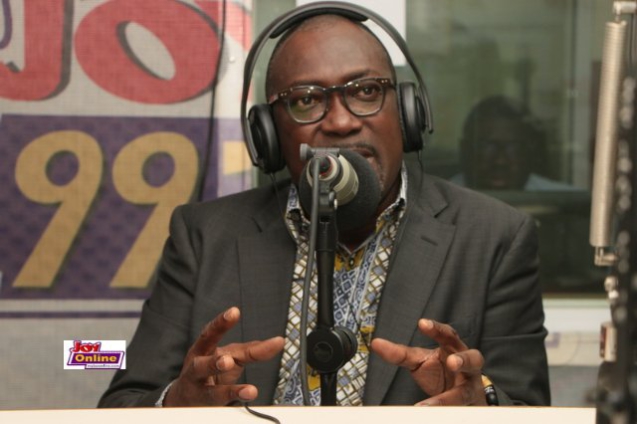The Executive Director of the Centre for Democratic Development (CDD-Ghana), Prof H. Kwasi Prempeh, has proposed significant judicial reforms relating to the removal of individuals holding the fourth-highest office in the country.
The legal expert, who chairs the eight-member Constitutional Review Committee, has identified secrecy and conflict of interest as major issues that must be addressed under Article 146 of the 1992 Constitution.
His comments follow the suspension of Chief Justice Gertrude Torkonoo by President John Dramani Mahama, after sufficient grounds were established to proceed with an investigation into three petitions seeking her removal from office.
In accordance with Article 146(10) of the Constitution and on the advice of the Council of State, President Mahama issued a warrant suspending the Chief Justice with immediate effect, pending the outcome of a committee tasked with probing the matter.
The members of the committee are:
- Justice Gabriel Scott Pwamang – Justice of the Supreme Court
- Justice Samuel Kwame Adibu-Asiedu – Justice of the Supreme Court
- Daniel Yaw Domelevo – Former Auditor-General
- Major Flora Bazwaanura Dalugo – Ghana Armed Forces
- Professor James Sefah Dzisah – Associate Professor, University of Ghana
However, the content of the petitions and the reasons for the suspension have not been made public as the current law dictates.
Consequently, Prof Prempeh has raised concerns about “the secrecy or lack of transparency concerning the removal petition”.
In a Facebook post, he argued that Ghanaians deserve to know the final decision and the details of the committee’s recommendations. “Even if the removal proceedings must be held in camera, I believe that, at the minimum, the findings and outcome of the proceedings, including the grounds and supporting evidence behind the removal petition, must be made public after the fact—whether or not the petition succeeds,” he explained.
According to Prof Prempeh, it is also inappropriate for a subordinate or peer within the judiciary to determine the fate of the Chief Justice.
Justice Gabriel Scott Pwamang and Justice Samuel Kwame Adibu-Asiedu are justices of the apex court, and law expert believes their positions could influence the decision on the case.
“I think that, where the removal petition pertains to a Chief Justice, no sitting judge should be included in the five-person removal committee constituted to hear the petition. In other words, none of the CJ’s judicial peers should be made to sit in judgment on a removal petition involving their judicial colleague or ‘boss’, as they are likely to have an interest in the outcome of the case,” he argued.
As an alternative, he proposed that retired jurists or other retired career public servants, preferably appointed by a special committee of the Council of State, should serve on such committees.
DISCLAIMER: The Views, Comments, Opinions, Contributions and Statements made by Readers and Contributors on this platform do not necessarily represent the views or policy of Multimedia Group Limited.
